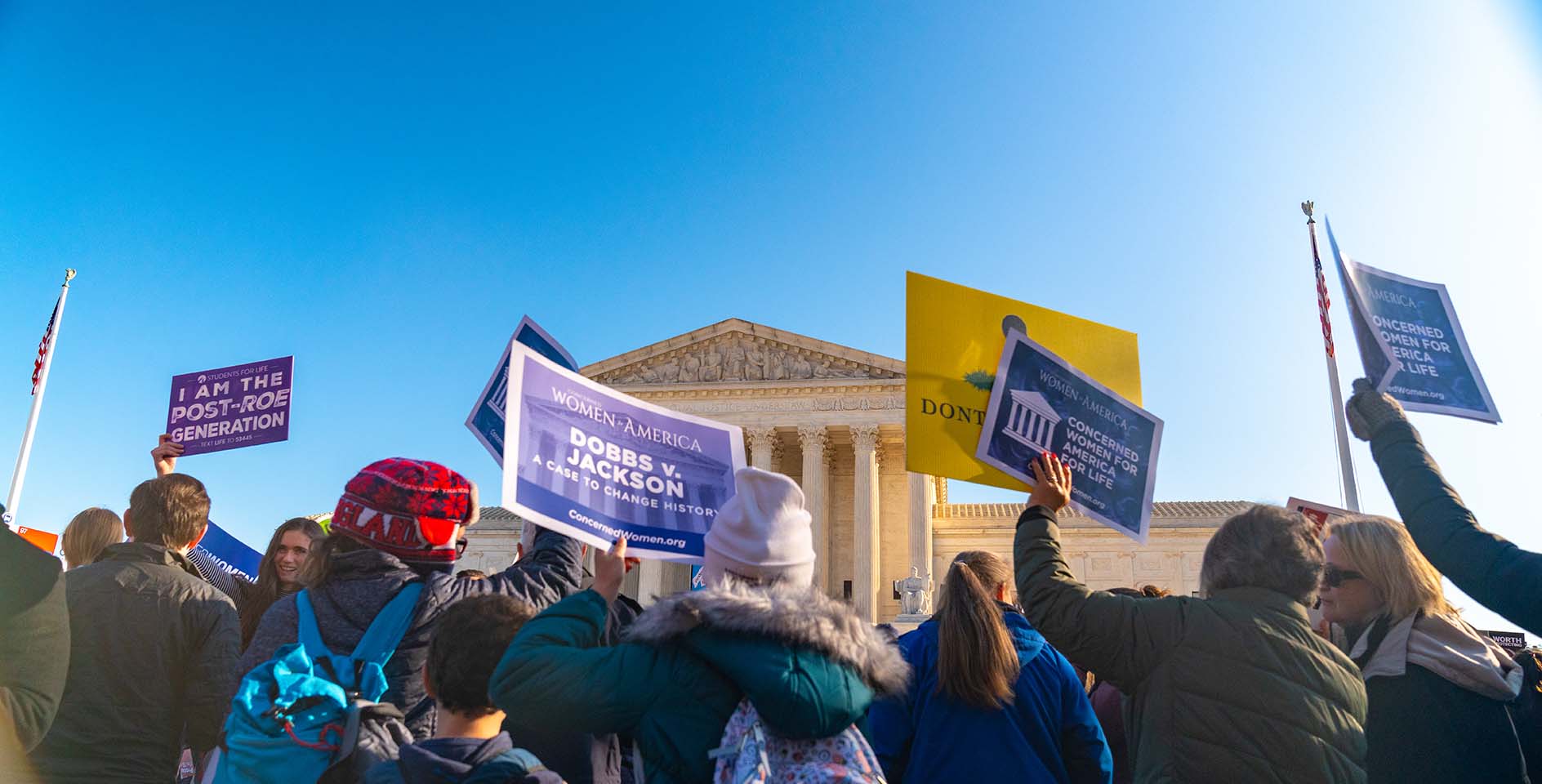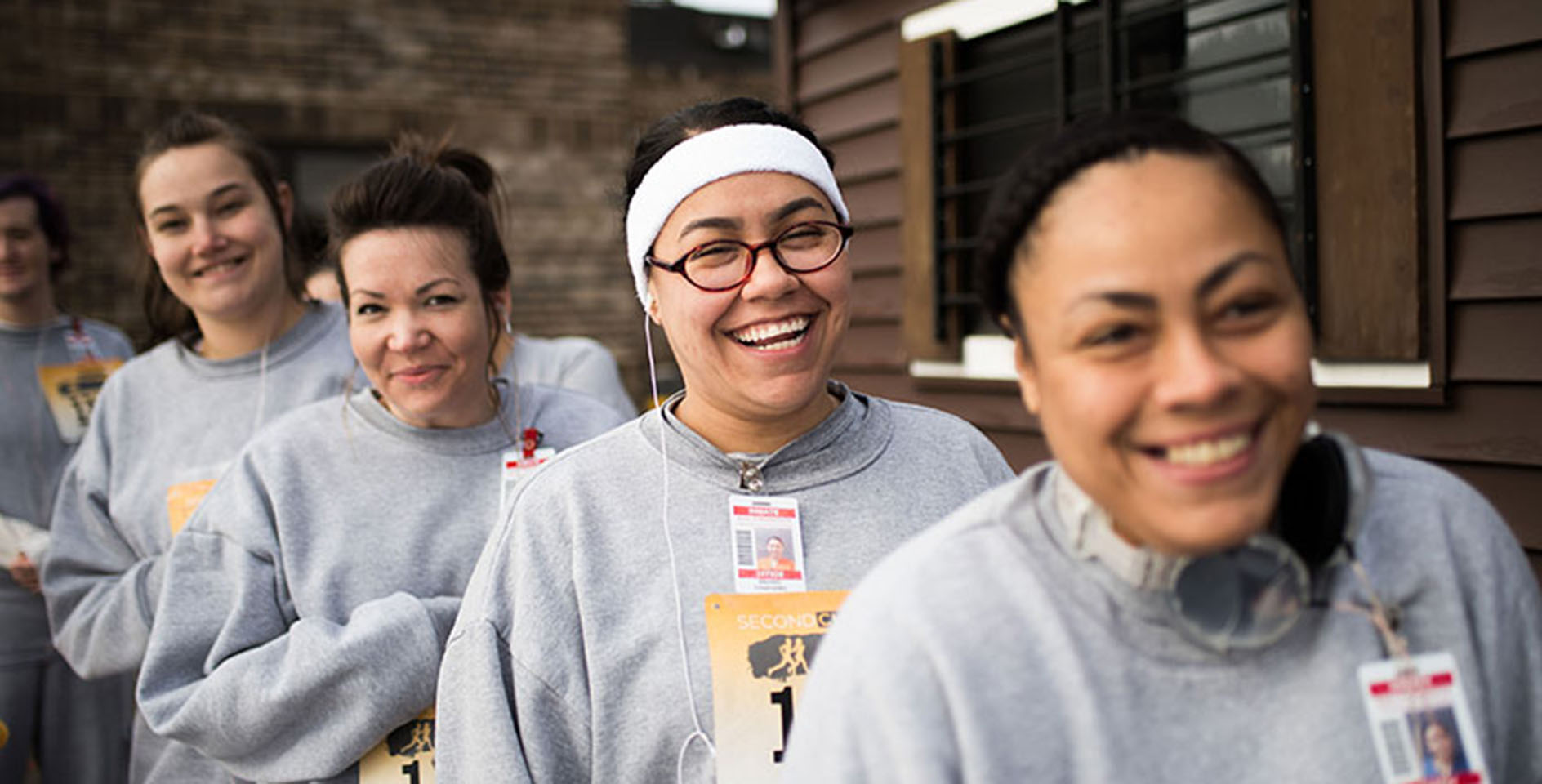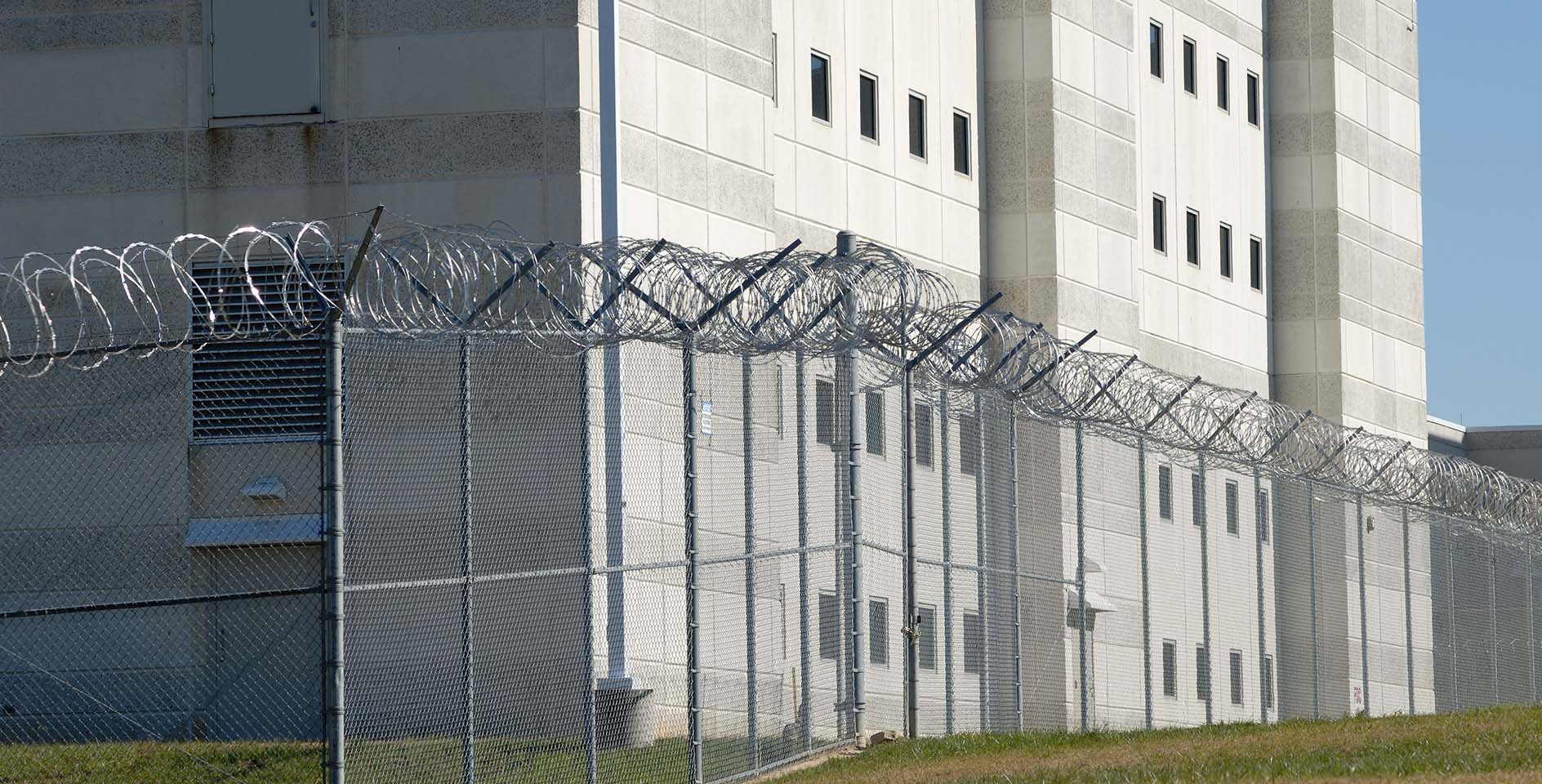In less than two months, 13 students in Nashville, North Carolina, will don caps and gowns and walk across a stage. Before their loved ones and college faculty and staff, they will receive diplomas and embark on a new season as graduates. However, unlike many others graduating this spring, their regalia will be worn over uniforms issued by the North Carolina Department of Adult Corrections, the stage erected in a prison gym, and the new season will take place within the confines of the state correctional system.
The 13 graduates will be awarded a Bachelor of Arts in Pastoral Ministry from The College at Southeastern, the undergraduate affiliate of Southeastern Baptist Theological Seminary (SEBTS). Soon after they walk across the stage, they will be deployed in teams to prisons across the state as part of the North Carolina Field Minister Program (NCFMP).
A prayer for prison ministry answered
The NCFMP began training incarcerated individuals in August 2016 but existed in the minds and prayers of its partners long before. The need for a sustainable moral rehabilitation program within the North Carolina prison system was brought to the attention of Joe Gibbs, current NASCAR team owner and former NFL coach, through the prison ministry work of his non-profit organization Game Plan for Life (GPL). GPL aims to facilitate “inside-out” change within the system through education and spiritual preparation. Gibbs looked to the success of the prison education program at the Louisiana State Penitentiary by New Orleans Seminary and Southwestern Seminary’s field ministry program in Darrington, Texas. He shared the seminaries’ visions for long-term change and sought to recreate the field minister model in North Carolina by partnering with SEBTS and the North Carolina Department of Adult Corrections (NCDAC).
In God’s providence, Daniel Akin, president of SEBTS, had been praying for nearly a decade for the opportunity to begin such a program. Akin and SEBTS were eager to train field ministers, North Carolina was hopeful to see transformation within the prison system, and GPL was ready to actively facilitate the work. Thus, an agreement was formed between these three partners, and classes began at Nash Correctional Institute in Nashville, North Carolina, in the fall of 2016.
Since the onset of the program, two cohorts have graduated from The College at Southeastern as part of the NCFMP. The third is set to cross the stage in June. Each fall, approximately 30 men incarcerated at prisons across the state are accepted into the program and transferred to the Nash Correctional Institute to take courses. To be eligible for the program, individuals must have a minimum of 12 years remaining on their sentence and meet admissions requirements unique to the NCFMP, including essays about their faith background and recommendation forms from prison representatives and volunteers.
The work of field ministers
Professors from The College at Southeastern travel daily to the prison and provide face-to-face instruction. Incarcerated students take the same courses and ultimately receive the same, fully accredited degree offered to traditional students on campus. They receive a rigorous liberal arts education designed to train students in pastoral care.
Soon after graduation, the new alumni are teamed up in groups of four and deployed to one of North Carolina’s 53 prisons. Currently, 11 prisons have a team of field ministers serving within their walls.
According to Cody Evans, assistant director of Prison Programs at SEBTS, “The hope is to one day have a team of field ministers in every prison in North Carolina so that they can help those who are incarcerated move in the direction of rehabilitation and find new life in Christ.”
During their studies and after deployment, a field minister serves their incarcerated community and assigned facility as a cultural asset by modeling restorative practices within the prison culture. Evans explained that the field ministers are equipped to serve in five areas of ministry:
- community service,
- counseling,
- crisis ministry,
- faith-based ministry.,
- and education.
The activities they take part in include:
- leading NCDAC approved self-improvement courses,
- facilitating orientation for those being processed into the system,
- providing group and individual counseling,
- and leading Bible studies and discipleship groups.
Field ministers also function as a bridge between their fellow inmates and both mental health services and prison chaplains. Because of the positive correlation between education and moral rehabilitation, field ministers are even being trained to assist with academic programming within the justice system.
To date, 36 men have been trained and sent out into the prisons of North Carolina to bring hope and promote flourishing within the difficult context of the justice system. Those who participate in the program often do so out of a desire to improve themselves but ultimately become conduits of improvement through Christ for those incarcerated with them.
The North Carolina Field Minister Program has impacted those who serve as field ministers as well as those who facilitate it. Reflecting on his time serving in this extension of theological education, Evans stated, “It is rewarding to see how education and spiritual preparation transforms people who are often forgotten. Our God is a God of second chances, and He works in forgotten and difficult contexts.”
And so do the field ministers in prisons of North Carolina: ambassadors of hope, equipped and sent out to point those often forgotten to the God of second chances.










